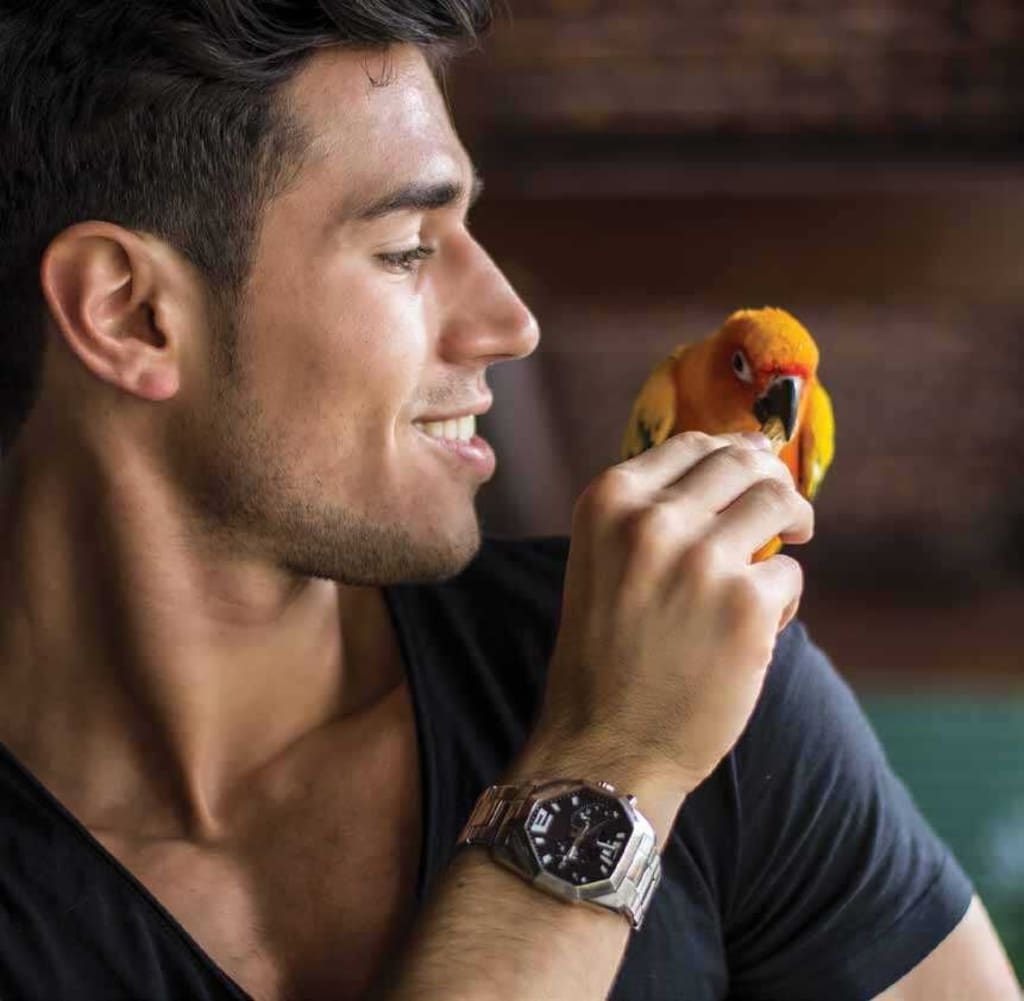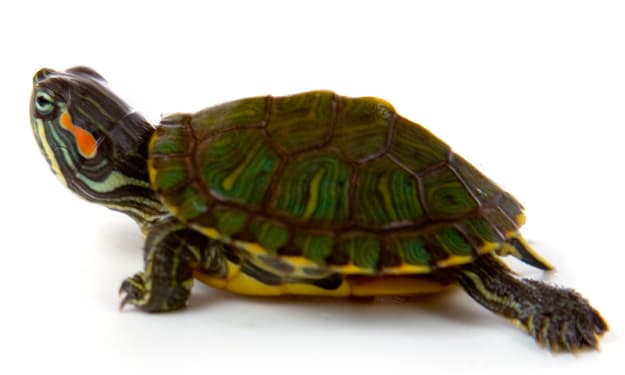How to Shoulder Train Your Bird
Should I shoulder-train my bird?

Whether you're a fan or a novice to the avian world, you probably know the tomfoolery in allowing your bird to stay nearby beyond its enclosure. In any case, letting your flying companion out requires some preparation and limits — for both bird and proprietor!
Numerous proprietors get some information about the most effective way to help a bird to sit on their shoulder and act while it's there. Here, we have the specialists say something regarding the customs of working with your bird out of its enclosure.
Should I shoulder-train my bird?
"Most avian specialists concur that sitting on a shoulder isn't the most ideal choice for most birds," said Jacqueline Johnson, chief of the Parrot Nursery, best case scenario, Companions Creature Society in Kanab, Utah. She makes reference to Netherlands-based avian behaviorist Dr. Jan Hooimeijer, who trusts that permitting birds on a shoulder might cultivate uncertainty in the bird.
"Birds can be inclined to redirection," made sense of Johnson, "so on the off chance that they are scared, you can take a terrible face chomp." Another explanation, she says, is that except if a bird is uncommonly respectful and reinforced, "it will play fend off when you are attempting to inspire it to move forward from your shoulder." Envision how baffling it is fight with your bird while it is draping away from the center of you — a typical circumstance bird proprietors think of themselves as in.
In this way, "except if your bird will move forward promptly when asked, a shoulder isn't suggested," said Johnson.
Of Johnson's seven birds that she by and by possesses, she said just two are permitted "shoulder honors," as she calls it.
How can I traino redirection," made sense of Johnson, "so on the off chance that they are scared, you can take a terrible face chomp." Another explanation, she says, is that except if a bird is uncommonly respectful and reinforced, "it will play fend off when you are attempting to inspire it to move forward from your shoulder." Envision how baffling it is fight with your bird while it is draping away from the center of you — a typical circumstance bird proprietors think of themselves as in.
In this way, "except if your bird will move forward promptly when asked, a shoulder isn't suggested," said Johnson.
Of Johnson's seven birds that she by and by possesses, she said just two are permitted "shoulder honors," as she calls it.
How can I train my bird outside of the cage?
Rather than shoulder preparing, Johnson and her group emphatically recommend individuals train their birds to move forward onto a hand — and remain there. "In the event that you hold your arm opposite to the floor, with your elbow got into your side," she made sense of, "it makes it simple to hold a bird back from running up your arm to your shoulder."
The principal strategy for accomplishing a hand "move forward" — in the event that your bird doesn't as of now figure out this order — is to persuade the bird to take a treat from your hand, made sense of Johnson. "I suggest finding [your bird's] extremely most loved treat and involving that for instructional meetings."
"Then, at that point, after some time, you persuade the bird to move forward on the contrary arm to get the treat, by holding the treat over your arm and baiting it," she said. It doesn't take long to show a bird, "due to their serious level of knowledge and thinking abilities," she added.
Johnson suggests just uplifting feedback be utilized for preparing, "or you can unsalvageably harm your relationship [with your bird]."
Watch your bird’s body language
Likewise with preparing any creature, watching out for your padded companion's non-verbal communication is vital. "Birds do a ton of their conveying by means of non-verbal communication," made sense of Johnson. "As a matter of fact, one of the primary drivers of bird nibbles is an inability to focus on everything that your bird is saying to you," she added.
What are the risks of shoulder or hand-training a bird?
The explanation Johnson and her group suggest hand preparing versus shoulder preparing is because of the known dangers.
Birds are prey species; when frightened — be it by a noisy clamor or unexpected development — they are designed to escape first, said Johnson. This could be hindering for your bird, particularly assuming it has the opportunity to zoom around the house, since it can get away from the protected limits of home through an entryway or window. Many birds are lost consistently along these lines.
Indeed, even the most intellectually even bird can alarm and frenzy, and cut wings are no assurance of wellbeing, she added. "Regardless of whether a bird's wings have been cut, it can fly, partially," she made sense of. Also, she said, even prepared birds ought not be taken outside while roosted on your arm. "We suggest never taking your bird outside except if it is in a transporter or wearing a bird tackle," said Johnson.
Aside from the gamble to your bird, there is additionally the gamble to your own body. "Birds can be interested," and that implies they might pull your hair, nibble your ears, and bite or pull on your adornments, said Johnson. She recommends making bird-accommodating gems to wear around your neck for when your bird is sitting with you — birdie pieces of jewelry hung with bird-safe toys on a bird-safe chain or rope for the bird to play with.
Furthermore, obviously, while not life imperiling, there is likewise the likelihood that your bird will crap on your shoulder, destroying your number one shirt! In the event that you truly do permit your bird to hang out on your shoulder, a "crap fabric" (otherwise known as a shoulder cape, accessible from many pet supplies) hung behind you is profoundly encouraged.





Comments
There are no comments for this story
Be the first to respond and start the conversation.